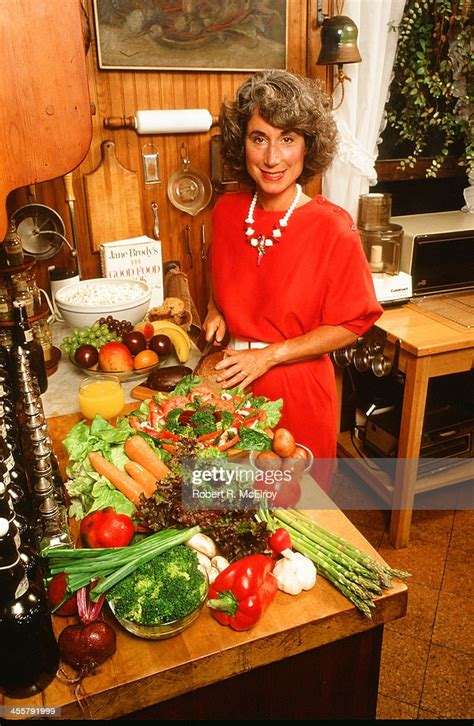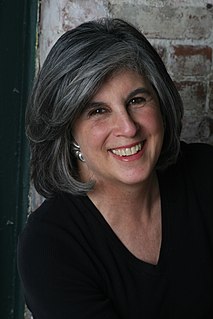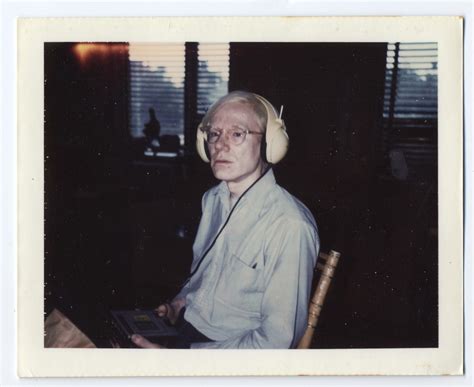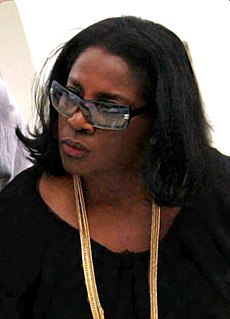A Quote by Sherry Turkle
Teenagers talk about the idea of having each other's 'full attention.' They grew up in a culture of distraction. They remember their parents were on cell phones when they were pushed on swings as toddlers. Now, their parents text at the dinner table and don't look up from their BlackBerry when they come for end-of-school day pickup.
Related Quotes
There was so much going on. I remember a very interesting dinner in the studio of [Robert] Rauschenberg. He had convinced Sidney Janis, Leo Castelli, and a third big gallery man to serve us, the artists, at the table. So they were dressed up as waiters, we were sitting at the table, and they were only allowed to sit down at the end of the table for the cognac. This is not possible now.
Dr. [Paula] Menyuk and her co-workers [at Boston University's School of Education] found that parents who supplied babies with a steady stream of information were not necessarily helpful. Rather, early, rich language skills were more likely to develop when parents provided lots of opportunities for their infants and toddlers to "talk" and when parents listened and responded to the babies' communications.
Some parents were awful back then and are awful still. The process of raising you didn't turn them into grown-ups. Parents who were clearly imperfect can be helpful to you. As you were trying to grow up despite their fumbling efforts, you had to develop skills and tolerances other kids missed out on. Some of the strongest people I know grew up taking care of inept, invalid, or psychotic parents--but they know the parents weren't normal, healthy, or whole.
I remember my parents yelling at each other and at me from an early age, and I remember a lot of things smashing. I try to look for the happy memories from the brief time my parents were married, and I can't really recall that. From the start things were messed up, and I just kept moving through the years and trying to pick out the little bits of evidence that would help me prove to myself that it wasn't my doing. But it took finding out somebody really does love me, who's not my parents or a relative, to really know that I was loveable.
My parents were very, very close; they pretty much grew up together. They were born in 1912. They were each other's only boyfriend and girlfriend. They were - to use a contemporary term I hate - co-dependent, and they had me very late. So they had their way of doing things, and they reinforced each other.
Where once such devices were relegated to appropriate times, now they've become necessities. The other day I watched a kid come off the school bus listening to music on his headphones, oblivious to the traffic zooming past him. And I can't even begin to count the times I've thought pet owners were talking to their dogs while taking them for a walk when, in reality, they were blabbing on their cell phones. It's a different level of use than we've seen in the past, ... It's becoming more of a full-day listening experience as opposed to just when you're jogging.
You go to a restaurant with a friend for lunch and the next table, two people are sitting opposite each other. They don't talk! All they do is look at the screens of their cell phones and show it to the person that they're with. And when people do that to me, they want me to look at pictures on their cell phone? I can't even look at little things like that. I think it is all crazy.


































